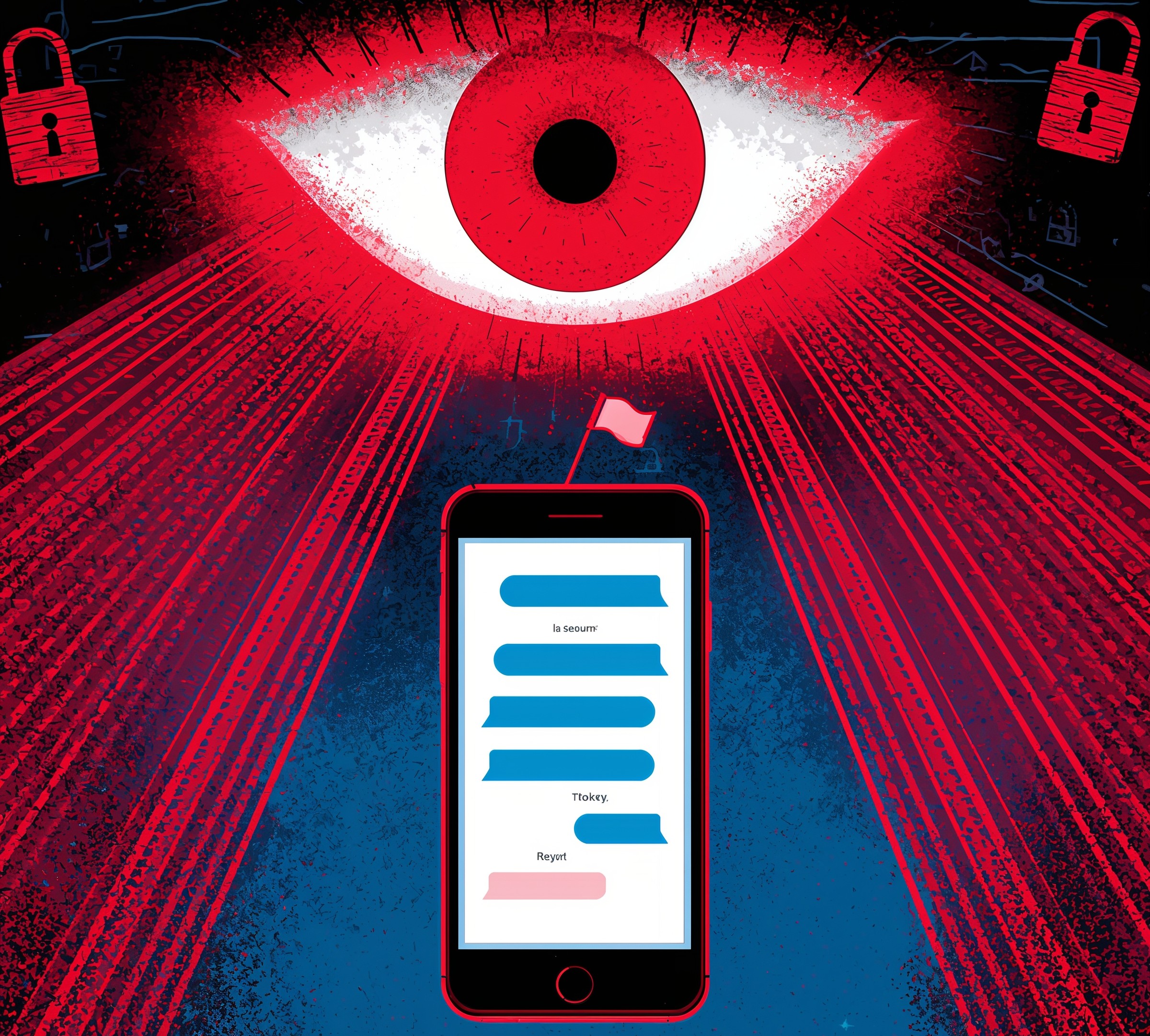Signal’s CEO, Meredith Whittaker, is urging the German government to reject the European Union’s “chat control” proposal, warning that enforcing client-side scanning would amount to mass surveillance and undermine end-to-end encryption.
In her open letter, she argues that Germany should resist pressures to compromise cryptographic integrity under the guise of child protection.
Why Client-Side Scanning Is Dangerous
Under the EU’s proposed regulations for CSAM detection, messaging services would be required to analyze user content before encryption (i.e. on the user’s device). Whittaker describes this approach as a catastrophic policy shift that “negates the very premise of end-to-end encryption.”
She warns that once scanning systems are installed, malicious actors or hostile states could exploit them to access private conversations. Germany, she insists, would be trading security for surveillance. In her view, a backdoor for scanning is a backdoor for all.
Additional pressure comes from German officials themselves. The country recently aligned with other EU states opposing the scanning mandate, citing threats to privacy and cryptographic trust.
Germany’s Role & Political Stakes
Germany holds a pivotal role in shaping EU digital policy. If it capitulates, it could tip the balance in favor of mandatory chat scanning legislation. Whittaker cautions that such a shift would undermine Europe’s reputation for privacy leadership and could embolden other jurisdictions to demand more intrusive surveillance mechanisms.
She frames the debate as existential: “Encryption either works for everyone, or it doesn’t work for anyone.” A system that scans only “bad actors” will inevitably be abused. If forced to comply, Signal says it may have no choice but to exit the European market to preserve its integrity.
Technical & Security Implications
Chat control via client-side scanning destabilizes the boundary between user trust and state power. If scanning logic sits within the device, governments, toolmakers, or adversaries can accumulate a surveillance apparatus masked as safety technology.
Moreover, embedding scanning in user devices introduces new attack vectors: software updates, side channels, or exploits could compromise scanning components and thus expose private data. Experts note that such a mechanism effectively becomes a universal backdoor.
Signal and privacy coalitions argue that history shows how benign-seeming surveillance systems often evolve into oppressive infrastructure. Mandating scanning sends a message: privacy is optional.
What Germany Should Do Instead
Germany’s options remain open but decisive choices matter:
-
Reject the mandate: Germany should maintain a firm no on chat control measures that undermine encryption.
-
Propose alternatives: Support court-ordered detection after full encryption, not before.
-
Enforce safeguards: Require any scanning systems be fully auditable, visible, and revocable.
-
Lead a coalition: Work with other EU nations resisting surveillance mandates to negotiate stronger privacy protections.
-
Uphold trust: Prioritize cryptographic integrity over short-term legal fixes; losing that trust is far costlier.
Germany’s decision may shape the future of digital privacy across the EU.
FAQs
Q: What does client-side scanning (CSS) mean?
A: CSS mandates that messages be scanned on the device before encryption to detect illicit material, such as CSAM.
Q: Why do privacy advocates oppose it?
A: Because it introduces surveillance-capable backdoors and weakens encryption foundations, making users vulnerable to abuse.
Q: Can countries limit CSS to just CSAM detection?
A: Theoretically yes but in practice, extension to other forms of content control is slippery once the infrastructure exists.
Q: Would Signal leave Europe if CSS is enforced?
A: Signal has threatened to withdraw from the European market rather than compromise encryption and user trust.
Q: What can Germany do to resist pressure?
A: Federal lawmakers can refuse to approve scanning mandates, promote encryption safeguards, and join privacy coalitions within the EU.











One thought on “Signal Urges Germany Not to “Capitulate” to Client-Side Scanning”